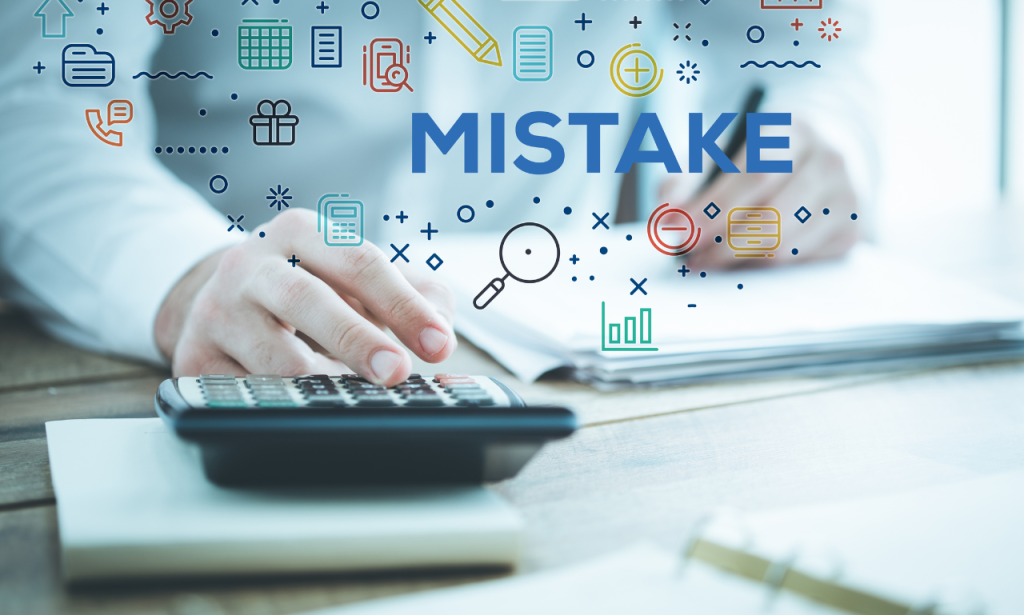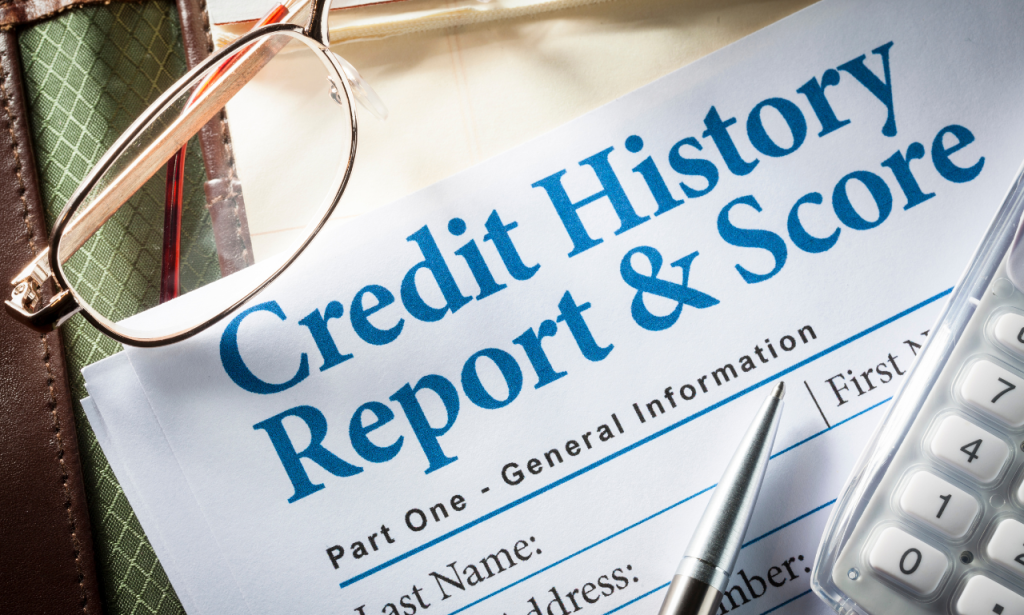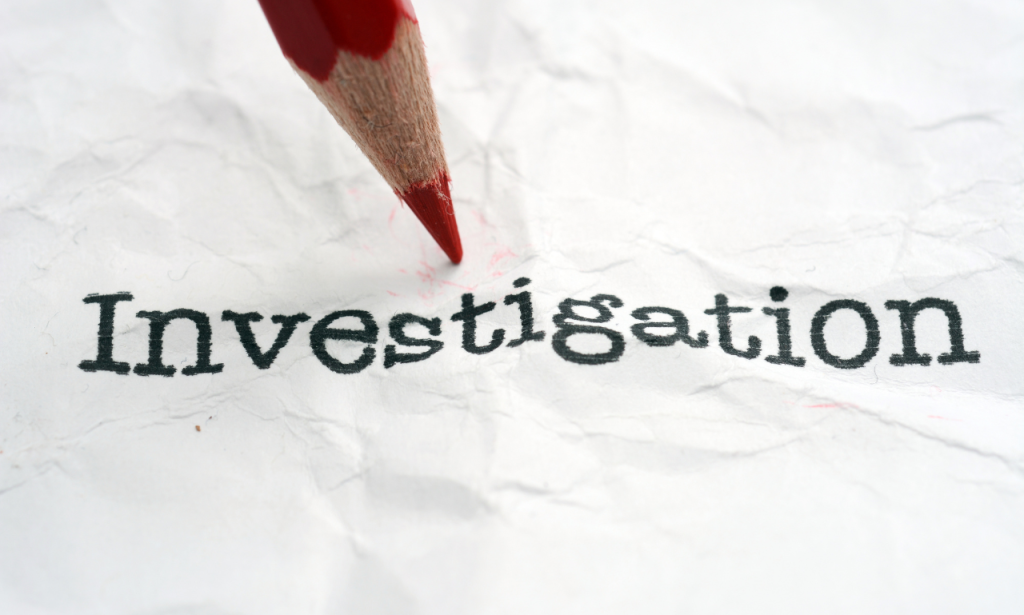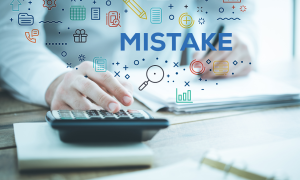Your credit report carries immense weight in your financial journey. A single error could mean paying thousands more in interest. Think of your credit report as your financial DNA. It tells lenders, employers, and landlords your money story. Getting it right matters more than most people realize. You need to know how to spot errors and fix them fast. Let’s explore how to dispute mistakes on your credit card.
The Laws and Regulations That Protect Consumer Credit Information

The Fair Credit Reporting Act is your strongest ally against credit reporting errors. Congress designed this law with you in mind. It gives you specific rights. Credit bureaus must respond to your disputes within 30 days. They can’t ignore you. The law requires them to investigate every claim properly.
The FCRA imposes strict rules on credit bureaus and companies that report information. They must maintain reasonable procedures to ensure accuracy; breaking these rules can cost them big. State laws might give you extra protection. Many states add requirements beyond federal law. Some even let you get free credit reports more often.
How Credit Reporting Errors Can Happen
Credit reporting mistakes happen more often than you’d think. The system processes millions of updates daily. Errors can slip through at many points. Creditors might send bureaus incorrect information, their systems could have glitches, or staff members might make data entry mistakes.
Your information could get mixed up with someone else’s file, especially with common names. Even one wrong digit in a Social Security number can cause problems. Identity theft can create significant reporting errors. Thieves might open accounts in your name. These accounts could show up on your report without your knowledge.
Common Credit Report Errors and How to Spot Them
Wrong personal information appears frequently on credit reports. You might see incorrect spellings of your name. Old addresses might still show up as current. Account errors can destroy your credit score. Late payments might appear when you pay on time. Closed accounts might show as open.
Balance errors happen too. Your credit card might show a higher balance than you owe. Credit limits might appear lower than they actually are. Mixed files create huge headaches. Another person’s account might show up on your report. This often happens with similar names or addresses. Public record errors can hurt. Old judgments might reappear after removal, and bankruptcy cases might appear past their removal date.
How to Dispute an Error on Your Credit Report
Request and Review Copies of Your Credit Reports

Start at AnnualCreditReport.com to get your free reports. You can get one free report from each bureau every year. Some states allow more frequent free reports. Check each report carefully for errors. Look at every single account. Compare balances and payment histories with your records.
Save copies of your credit reports. Mark errors clearly. You’ll need these marked copies when you file disputes. Consider getting reports from all three bureaus at once. Errors might appear on one report but not others. This helps you spot problems faster.
File a Dispute with the Credit Reporting Agency (CRA)
Each credit bureau offers online dispute options, which usually work faster. You can upload supporting documents directly to their systems. Keep detailed records of your disputes. Save confirmation numbers. Write down the dates of all communications.
Follow up if you don’t hear back. The bureaus must respond within 30 days. Mark your calendar, and don’t let them miss deadlines. Take screenshots of online disputes. Save copies of all documents you submit. You might need these records later.
What to Include in Your Dispute Letter
Write your dispute letter clearly and professionally. Include your full name and all identification details. Add your report confirmation number. Explain exactly what’s wrong with each item. Use specific dates and amounts. Don’t make general complaints.
Include copies of supporting documents. Highlight relevant information. Make it easy for investigators to see your proof. Keep copies of everything you send. Use certified mail for written disputes. Request return receipts to prove delivery.
File a Dispute with The Creditor That Furnished the Inaccurate Data
Contact creditors directly about errors. Send them the same proof you sent the bureaus and ask them to update their records. Keep records of all creditor communications. Note who you talked to and when. Save copies of all letters and emails.
Follow up with creditors regularly. Don’t assume they’re investigating. Ask for updates on their progress. Request written confirmation of any changes. Get everything in writing. Verbal promises don’t protect you later.
The CRA and Creditor Must Follow the Law
Credit bureaus must investigate adequately. They can’t just check creditors’ computer records; they must contact them about disputes. Creditors must prove accuracy when challenged. They can’t simply verify that records exist; they must show that records are correct.
You have the right to see the results of the investigation. The bureaus must tell you what they found. They must explain their decisions. You can demand proof of the accuracy, ask creditors to show original documents and request account histories and payment records.
What to Do If Your Dispute is Rejected or the Information is Not Corrected
If disputes fail, you can file a complaint with the CFPB. The CFPB oversees credit bureaus and takes complaints seriously. Consider hiring a consumer protection lawyer. Many take cases on contingency. You might not pay unless they win.
Gather more evidence for a new dispute. Bank statements help. Collection letters can prove your case. Keep fighting if you know you’re right. Many people give up too soon. Persistence often leads to success.
Why is Your Credit Report Important?
Your credit report affects loan approvals and rates. Good credit saves thousands in interest. Bad credit costs you money every month. Employers check credit reports for hiring. Insurance companies use them to set rates. Landlords review them for rentals.
Cell phone companies check credit. Utility companies look at reports. Even some dating sites use credit data. Your credit affects more than just loans. It impacts many parts of modern life. Keeping it accurate matters greatly.
How Will Disputes Affect Your FICO® Score?
Filing disputes won’t hurt your score directly. Removing negative items usually helps scores, and adding positive information helps. Scores might change during investigations. Disputed items sometimes don’t count temporarily. Scores update when investigations end.
Different items affect scores differently. Removing late payments helps a lot. Fixing credit limits can boost scores fast. Monitor your scores during disputes. Watch for changes when items get removed. Track improvements over time.
What if You Disagree with the Credit Bureau’s Investigation?

Add a consumer statement to your report. Tell your side of the story. Future creditors will see your explanation. File regulatory complaints if needed. The CFPB handles credit bureau complaints. State agencies might help too.
Consider legal action as a last resort. The FCRA allows lawsuits, and many lawyers take these cases without upfront fees. If you might sue, document everything. Save all communications. Keep detailed records of damages.
How to Track Your Dispute Status
Use online tracking systems when available. Check status regularly. Save tracking numbers and confirmation emails. Call for updates if online tracking fails. Write down who you talk to and note what they tell you.
Set calendar reminders for follow-up, don’t miss important deadlines, stay on top of investigation timeframes, keep dispute records organized, create a filing system, and save everything related to your case.
Conclusion
Credit report errors can wreck your financial life, but you have the power to fix them. These steps work when you follow them carefully. Start reviewing your reports today. Mark any errors you find. Begin the dispute process immediately. Stay persistent with your disputes. Keep good records. Don’t give up until your reports are accurate. Your financial future depends on precise credit reports. Take action now to protect yourself. Future opportunities depend on clean credit.
Also Read: How to Legally Break a Lease in Florida
FAQs
Credit bureaus must complete investigations within 30 days. If you send additional information, complex cases might take 45 days.
Yes, all three major credit bureaus offer online dispute systems. Many people find that online disputes are processed faster than by mail.
They must explain why they consider it frivolous. You can resubmit with additional evidence to support your claim.
Online disputes usually process faster. Mail works better for complex cases with lots of documentation.
You can dispute items multiple times. Each new dispute should include additional evidence or information.




